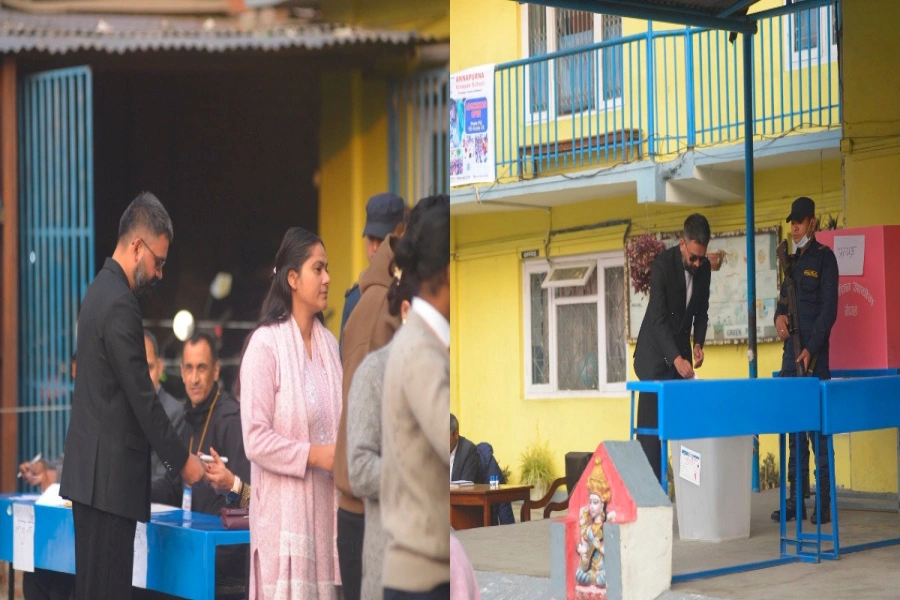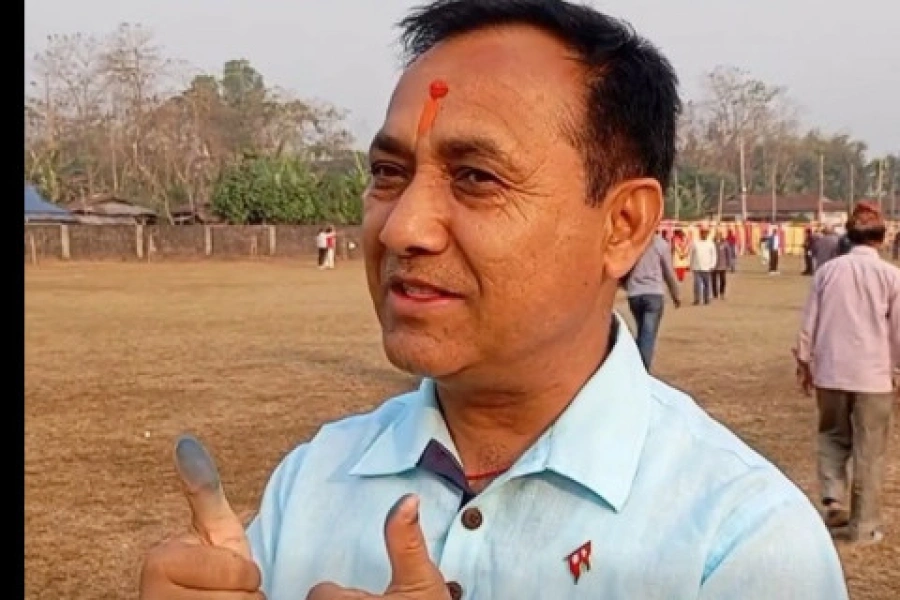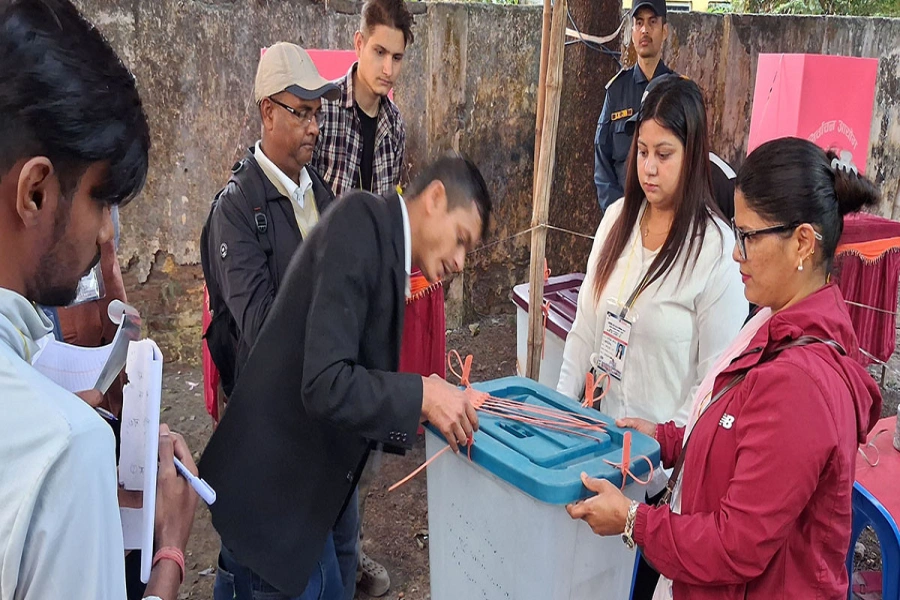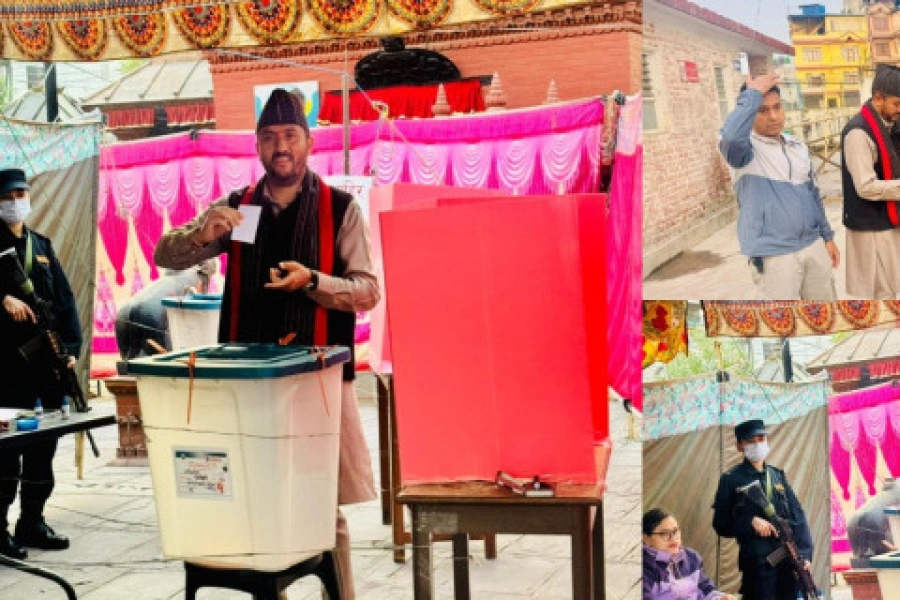Developers say banks not disbursing even committed loans
KATHMANDU, Feb 13: About a dozen under-construction hydropower projects, which were expected to complete within next 12 months, have started suffering fund crunch as bank and financial institutions (BFIs) have stopped releasing committed loans to these projects.
Independent power producers (IPPs) are finding it difficult to foot the bills of contractors. This has affected construction works as laborers, who have not received their wages from contractors, are not turning up at the project site.
If cash flow to these projects is affected, it will hamper construction deadline of different projects having combined capacity of 600 MW. It will, in turn, affect the government's plan to generate more hydropower and eradicate load-shedding in the near future. It could severely impact the government's plan of reducing trade deficit with India by bringing down import of fossil fuel through generation of more hydropower.
How sustainable is hydropower development in Nepal?

“Hydropower companies are facing the most difficult situation due to cash crunch. Projects in the last leg of construction have suffered the most,” Shailendra Guragain, president of Independent Power Producers' Association, Nepal (IPPAN), told Republica.
Hydropower projects having combined capacity of 1,000 MW, including Upper Tamakoshi, are under different stages of construction.
“BFIs have an undeclared policy of not releasing fund. They have even stopped releasing committed loans,” Guragain said, adding: “They already have a declared policy of not signing new financial closure and issuing letter of credit to finance import of hydro-mechanical equipment,” said Guragain.
This delay in fund release is likely to increase project cost by a minimum by 10 percent, according to project developers.
Hit hard by the decision, some project developers are trying to negotiate with banks to ensure that their cash flow is not affected. But they denied naming the banks, fearing retribution from BFIs.
“We cannot disclose the name of the banks. But all the banks have flouted the agreements signed in financial closure,” a project developer claimed, requesting anonymity.
The problem, which started in December last year, has hit peak now. Some power developers say that banks have told them informally to manage funds on their own.
However, Gyanendra Dhungana, president of Nepal Bankers Association (NBA), refuted charges leveled against BFIs by hydropower developers. “Though it is true that BFIs have stopped signing new financial closures, they have not stopped releasing committed loans,” Dhungana said, warning that the situation may aggravate further if deposit collection does not improve.
BFIs are hopeful that improvement in remittance flow, which posted a negative growth of 0.5 percent in the first six months of FY2017/18, and government spending, which is expected to gain pace in the coming months, will bring more deposits to their vaults.
Hydropower projects in the last leg of construction includes Lower Hewa (21 MW), Mai Cascade(8 MW), Kabeli B (25 MW), Molung Khola (7 MW), Madkyu Khola (13 MW), Glang Khola (3 MW) and Chaku (22 MW), among others.



-1200x560-1772642762.webp)

































